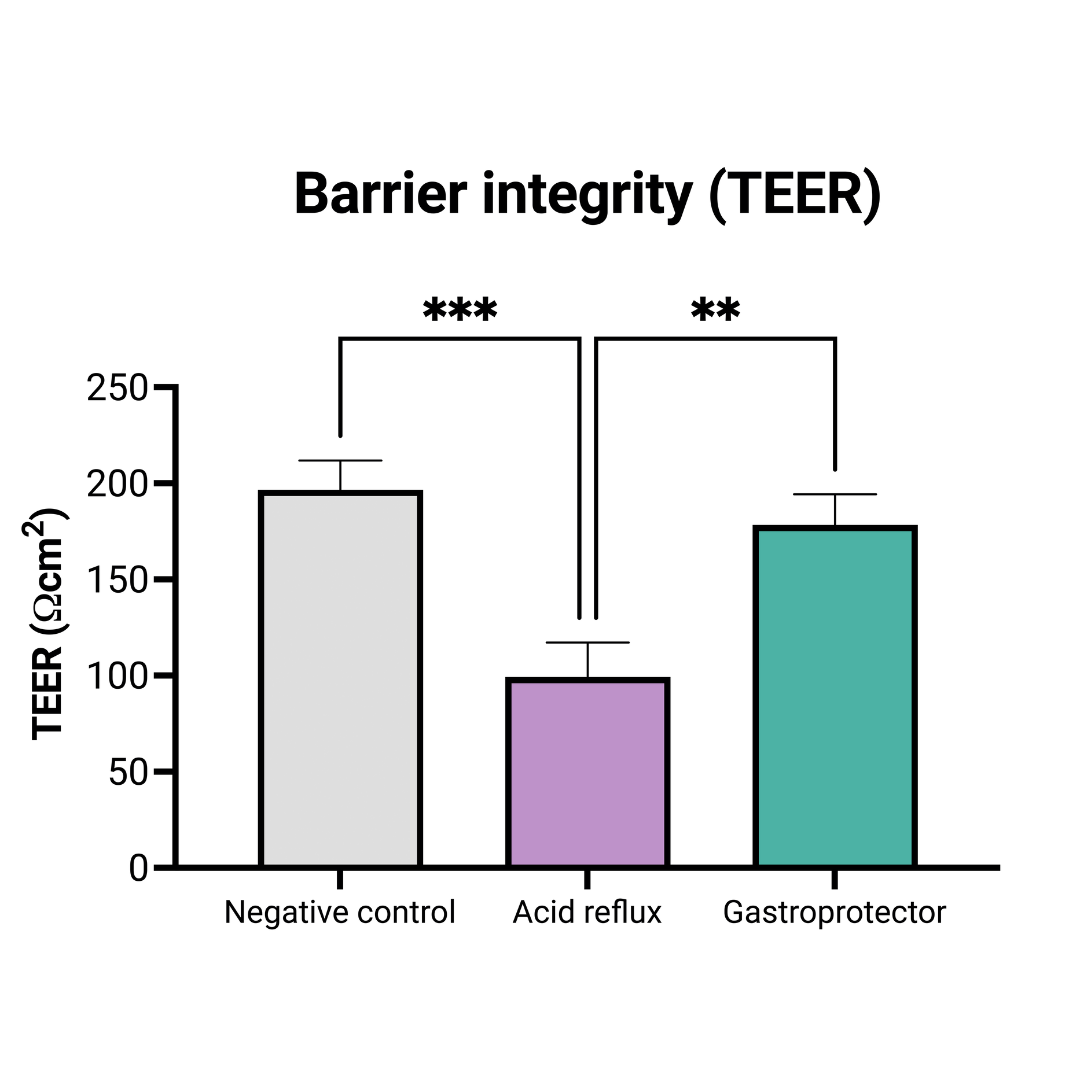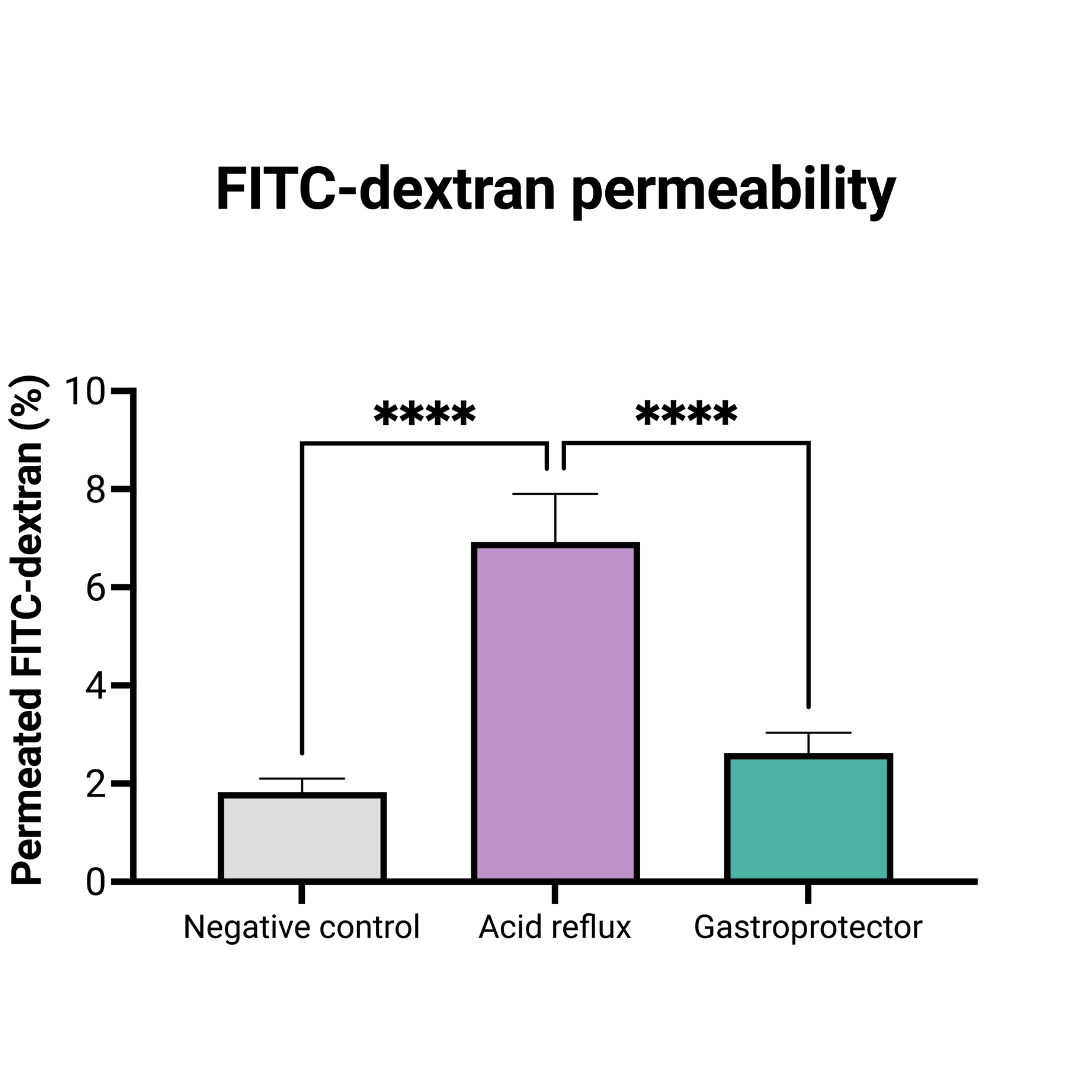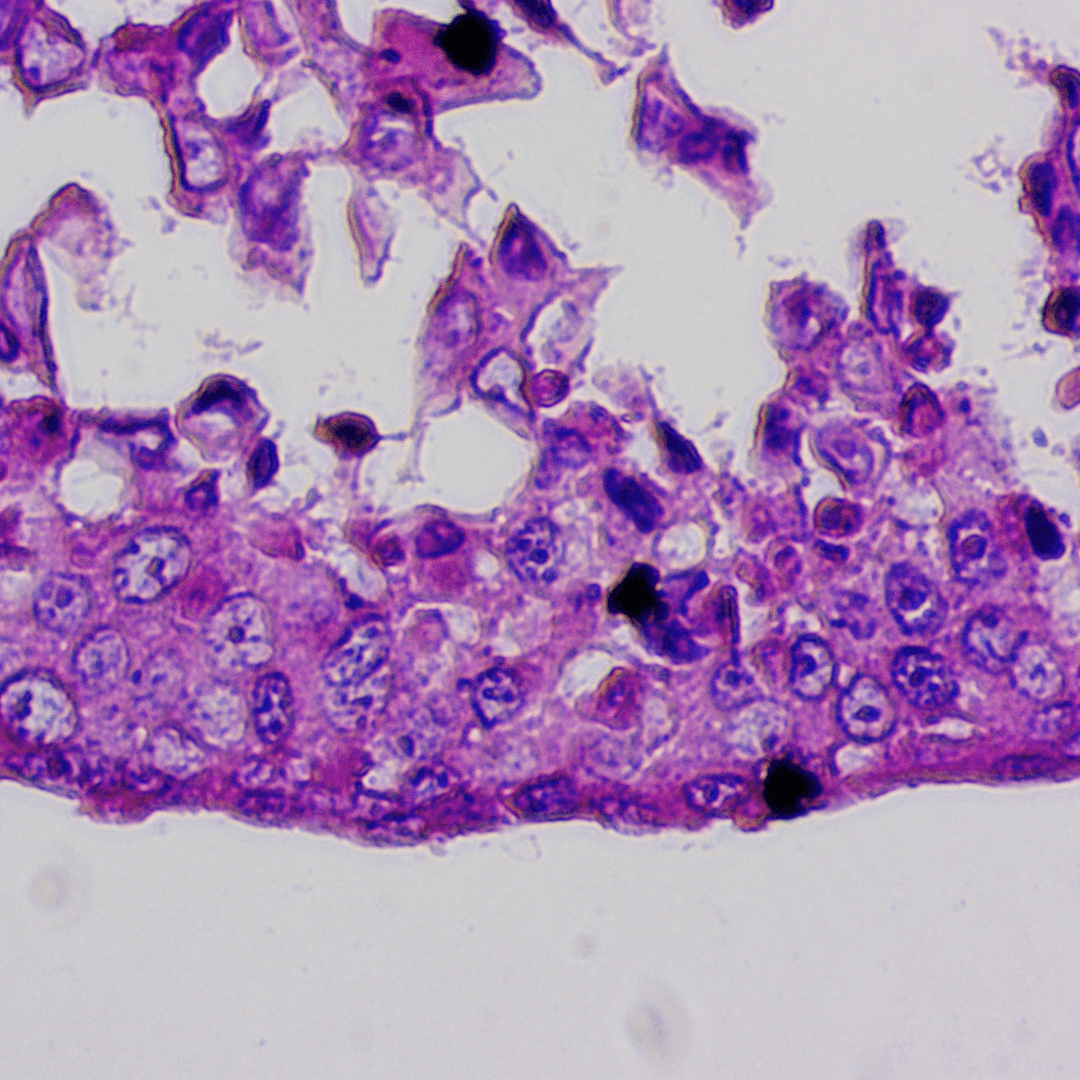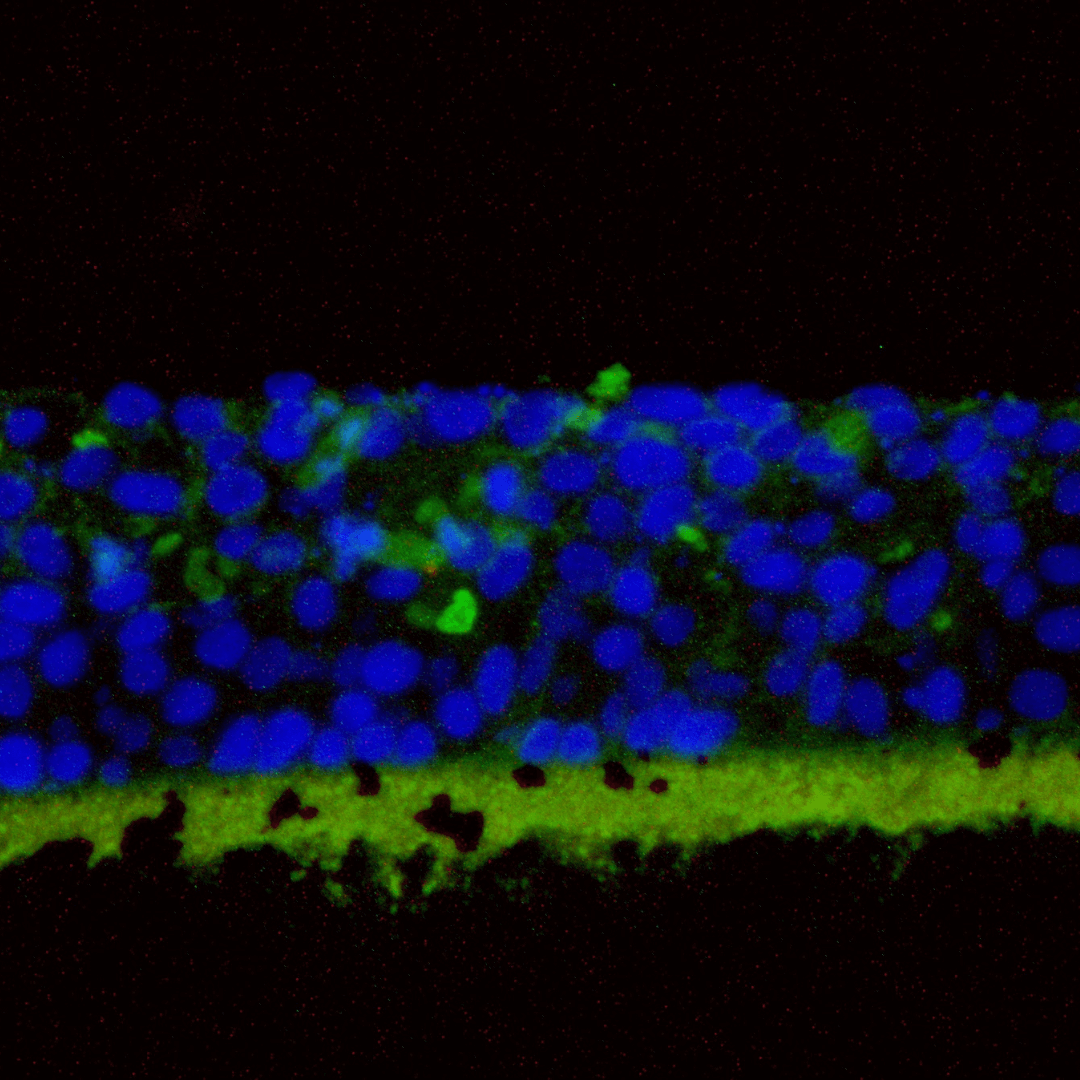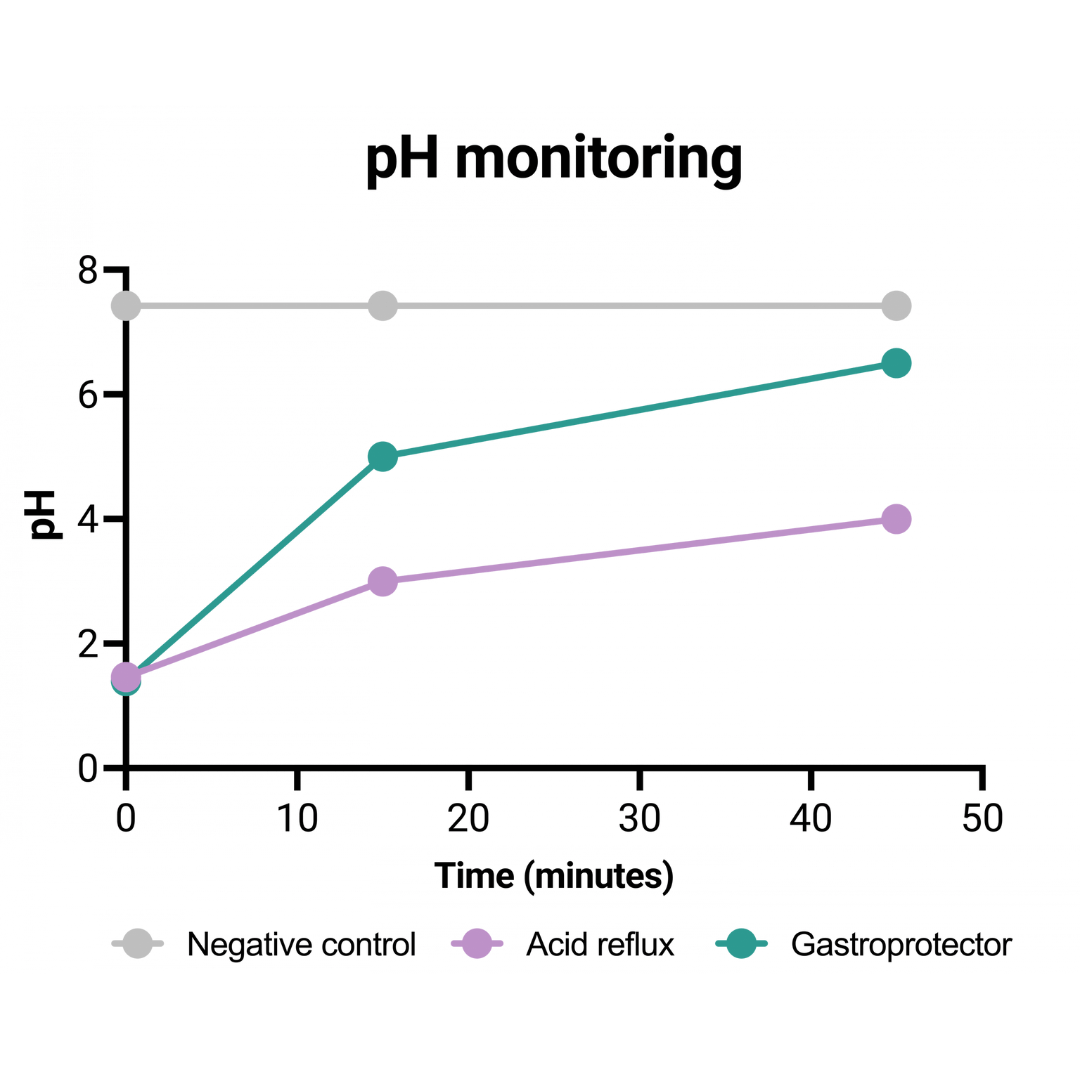Gastroprotection Activity
Gastroesophageal reflux is a common disorder that can lead to esophageal irritation and inflammation due to prolonged acid exposure. In vitro testing is essential for evaluating the effectiveness of gastroprotective agents, and exploring their potential in preventing or alleviating esophageal damage prior to clinical application. This test plays a pivotal role in the safety and efficacy assessment of pharmaceutical drugs, natural compounds, and dietary supplements designed for gastroprotection.
Purpose of the Test
The MIVO-based Gastroprotection activity assay uses the MIVO® Gut-on-Chip platform to evaluate the efficacy and safety of gastroprotective agents in a more reliable and human-relevant manner than traditional in vitro models. MIVO Gut-on-Chip platform ®’s ability to faithfully recreate the complex dynamic fluid-flow structure of the human esophagus, along with its compatibility with Reconstructed Human Esophageal (RhE) tissue models, allows for a more accurate prediction of responses to acid reflux.
The MIVO® Advantage: A Superior Predictive Model
MIVO® organ-on-chip technology significantly improves the survival and barrier function of the traditional RhE models (Marrella et al. 2020), offering a more reliable simulation of acid reflux conditions. This advanced testing methodology leverages a multiparametric approach to predict the efficacy of testing compound, providing critical insights into its potential to prevent or alleviate esophageal damage induced by acidic insults.
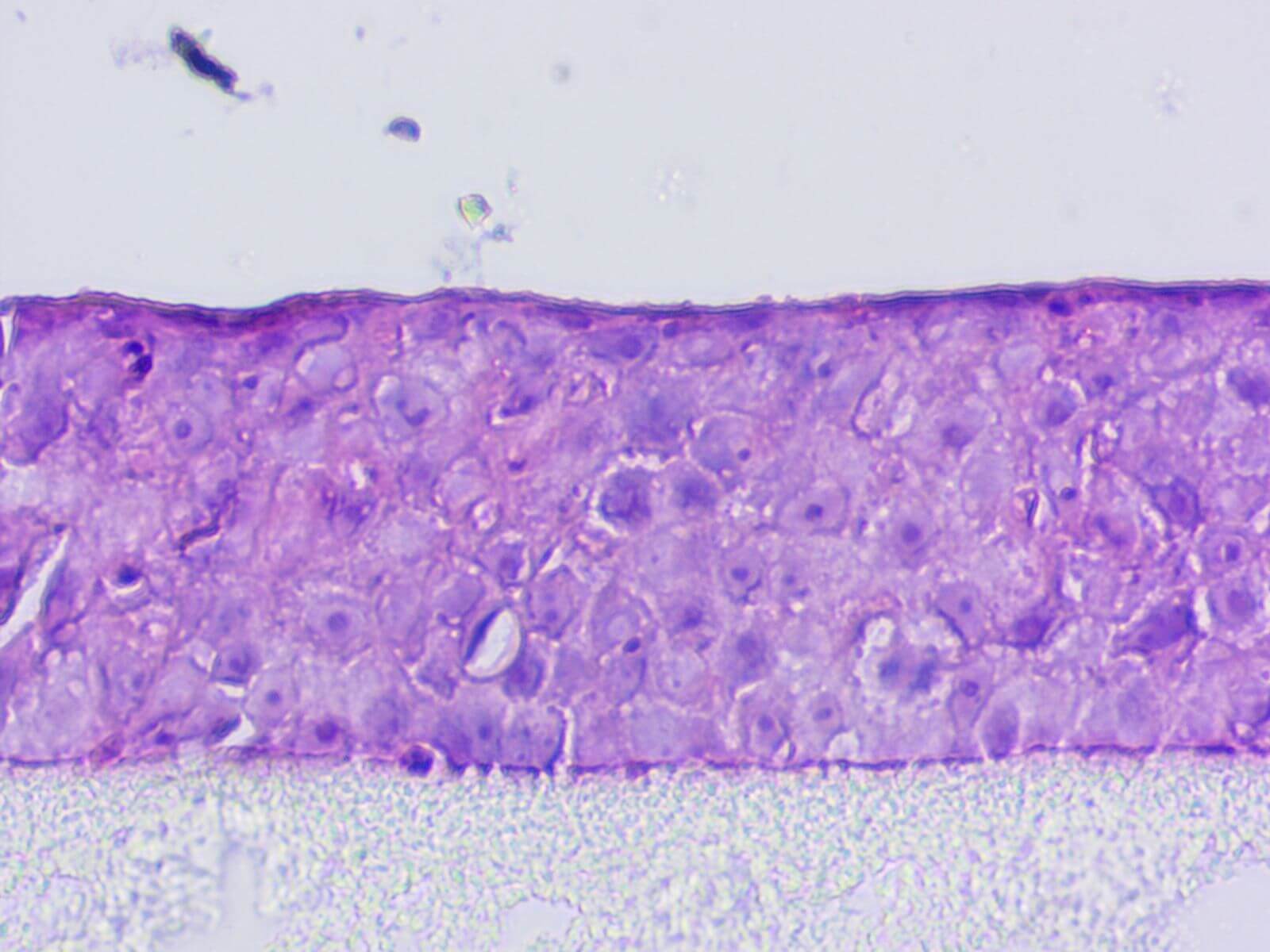
Our Unique Value Proposition
Gastroprotection Assay
In summary
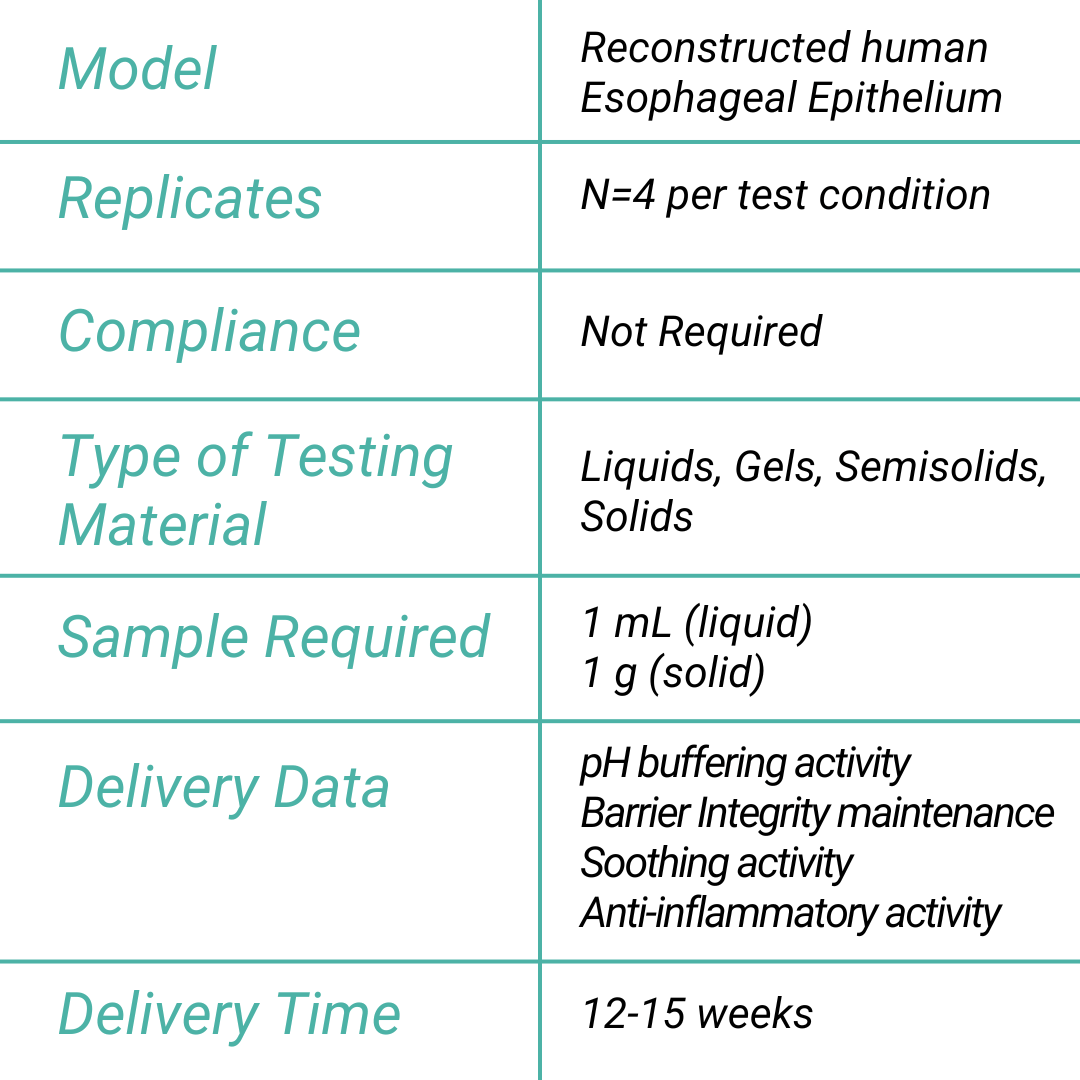
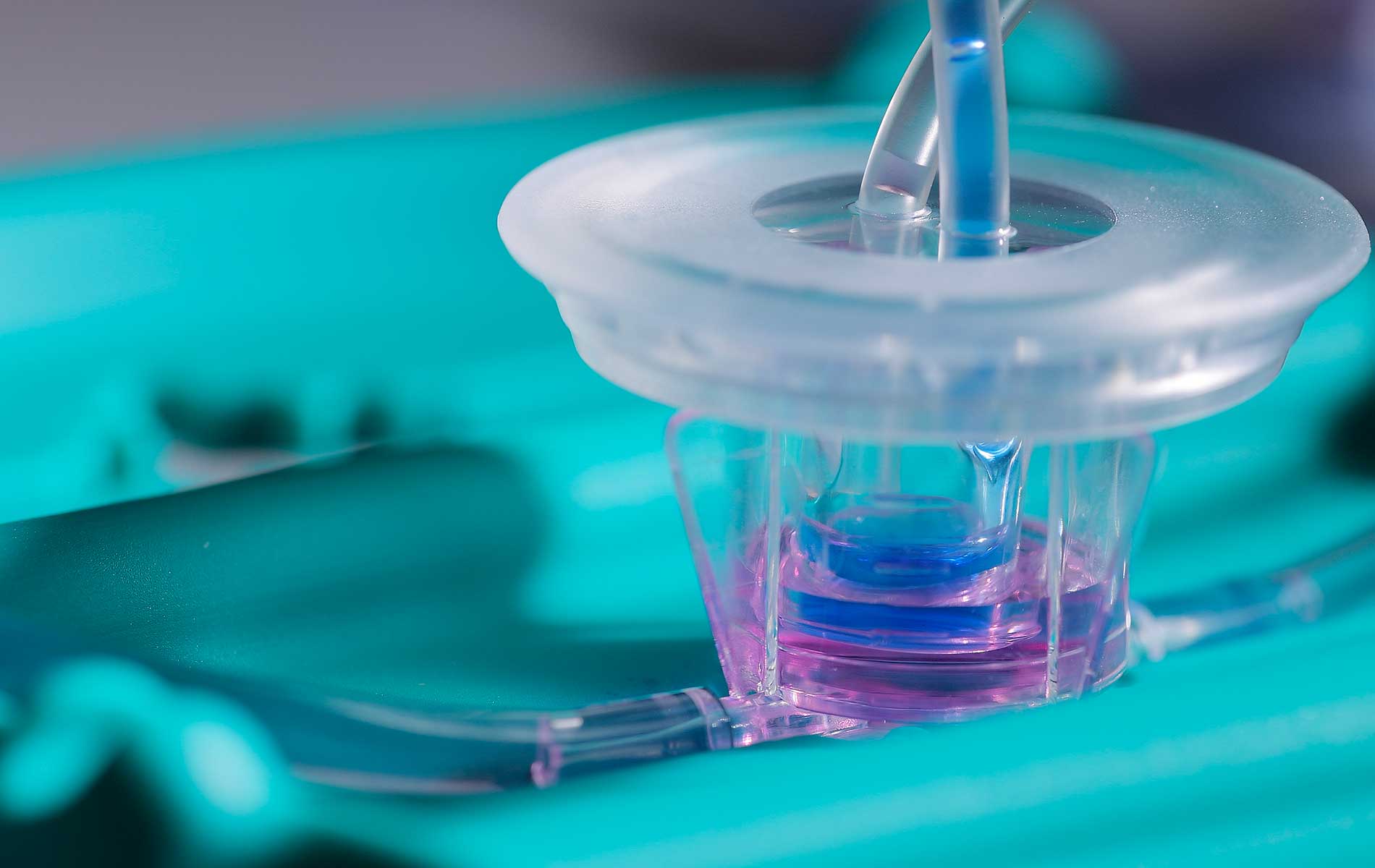
READOUTS
- pH monitoring, to check the buffet activity of teh testing compounds
- Epithelial barrier integrity (TEER measurement) along the acid insult and testing compound treatment
- FITC-dextran permeability after the treatment
- Histology for assessing the safety of the treatment
- Inflammation (i.e. IL6, IL8)
Get a Quote
We are here for you
Whether you’re looking for a quote or want to connect with us, fill out the form below with your details, and we will be in touch shortly.
All fields are required, take your time.



